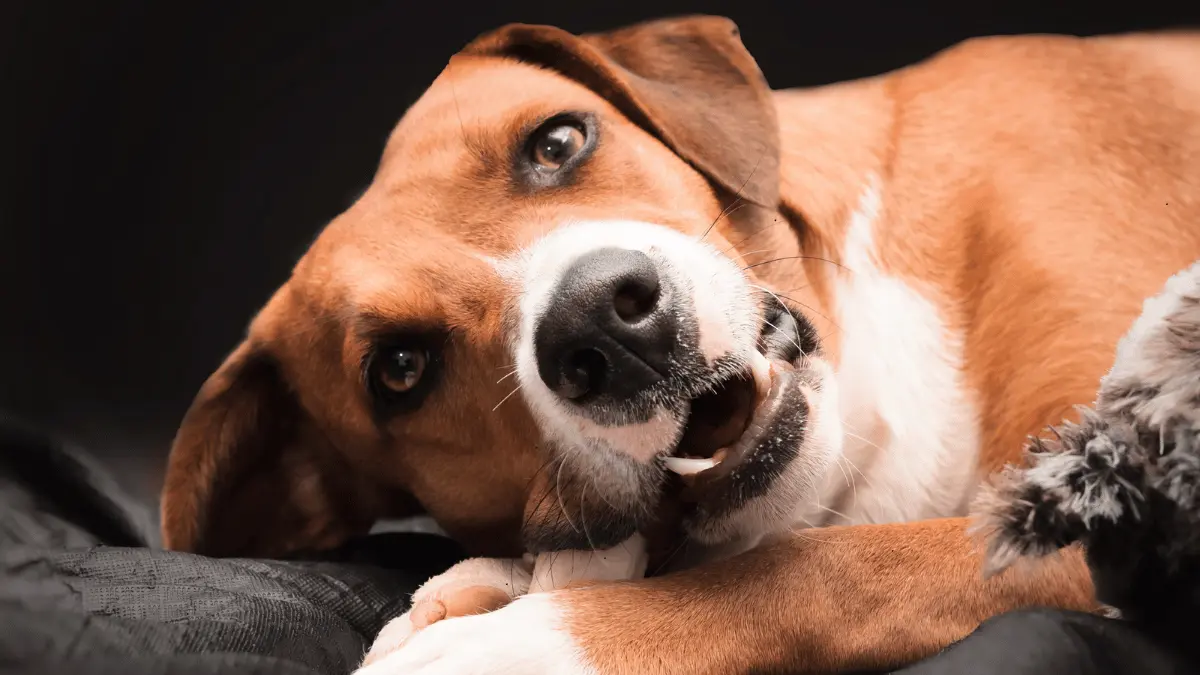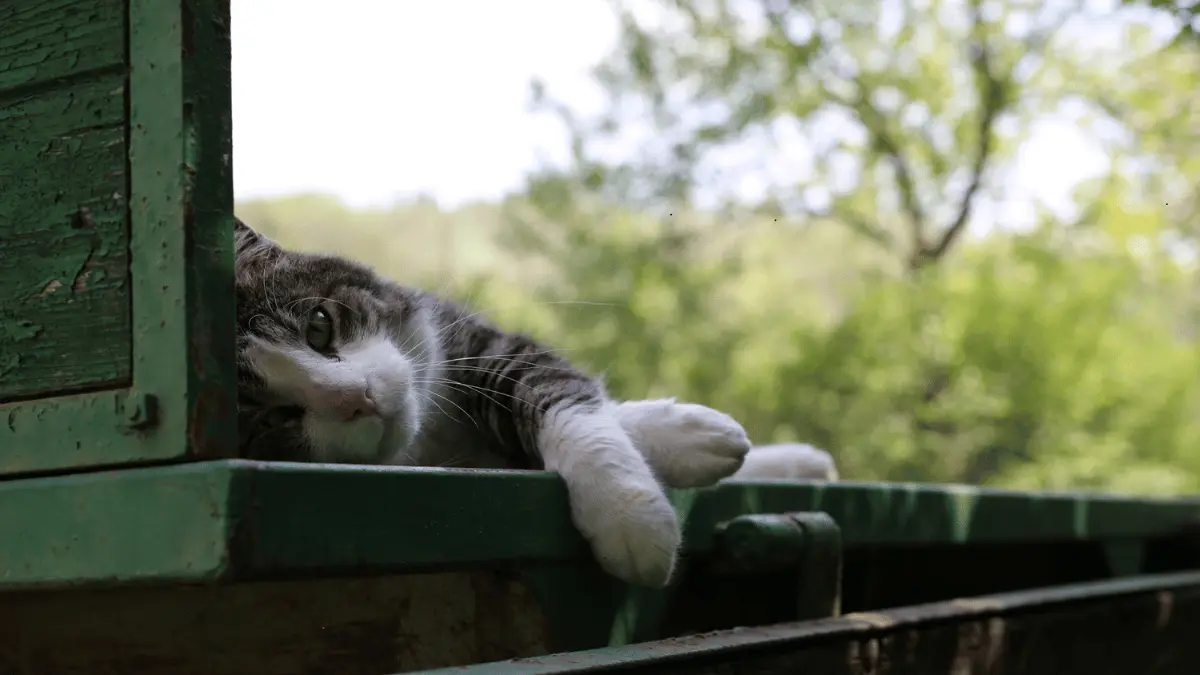Bad Breath in Dogs: What Causes It and How to Fix It
Dogs are known for their bad breath. But what can you do about it? This post will explore some of the causes of bad breath in dogs and how you can treat it.
Keep reading to learn more!
What Causes Bad Breath in Dogs and How to Fix It
A dog’s bad breath can be caused by several things, from something as simple as not brushing their teeth to a more serious dental issue. In this blog post, we’ll explore some of the most common causes of bad breath in dogs and what you can do to help your furry friend get rid of it.
Dental Care
One of the most common causes of bad breath in dogs is insufficient dental care. Like humans, dogs must have their teeth brushed regularly to prevent plaque and tartar buildup. If your dog isn’t used to having its teeth brushed, start slowly by Rubbing its teeth with a special dog toothbrush or foam finger brush. Once they’re used to this, you can start brushing their teeth with toothpaste made specifically for dogs.
Periodontal Disease
Another common cause of bad breath in dogs is periodontal disease. This condition results from plaque and tartar buildup below the gum line, leading to irritation, inflammation, and infection. If not appropriately treated, periodontal disease can eventually lead to tooth loss. Regular brushing, flossing, and professional cleanings are the best way to prevent periodontal disease.
There are several other less common causes of bad breath in dogs that could be indicative of a more serious health condition. These include severe kidney disease, diabetes, liver disease, and certain types of cancer. If you notice that your dog’s bad breath persists despite good oral hygiene habits, it’s essential to take them to the vet so that they can rule out any underlying health issues.
Conclusion
Bad breath in dogs is often caused by something as simple as insufficient dental care. However, many other less common causes could indicate a more serious health condition. If you notice that your dog’s bad breath persists despite good oral hygiene habits, it’s important to take them to the vet so that they can rule out any underlying health issues.














